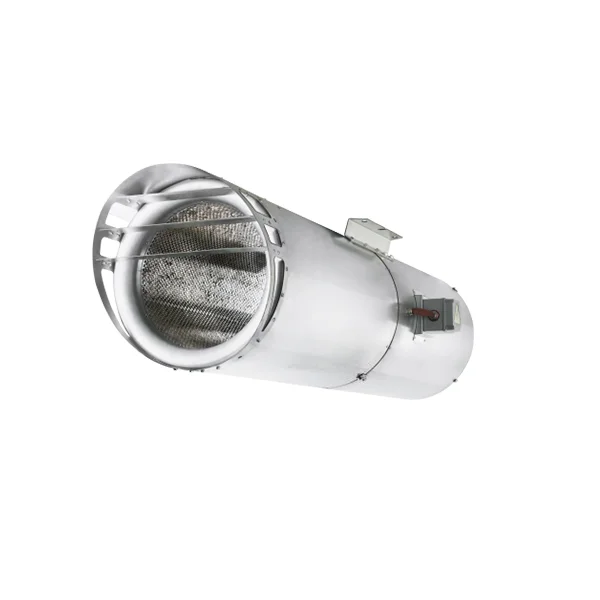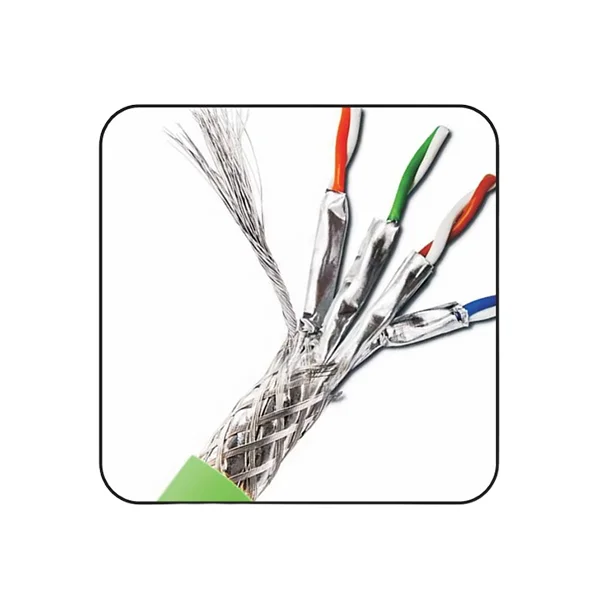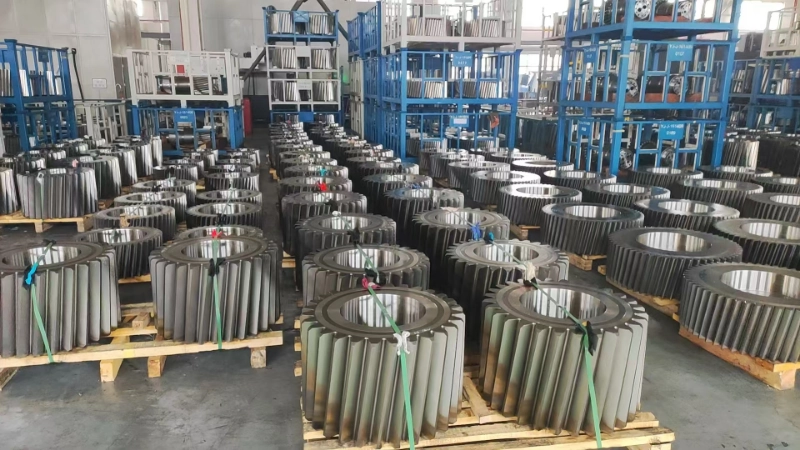The fuel pump plays a crucial role in delivering fuel from the tank to the engine, ensuring optimal performance and efficiency. With advancements in automotive technology, the debate between mechanical fuel pumps and electric fuel pumps has gained momentum. In this blog post, we will delve into the intricacies of both types, analyzing their pros and cons to determine which one reigns supreme.
- Understanding Mechanical Fuel Pumps:
Mechanical fuel pumps have been a staple in the automotive industry for decades. These pumps are typically driven by the engine's camshaft or a separate eccentric shaft. They rely on mechanical motion to draw fuel from the tank and deliver it to the carburetor or fuel injectors. Here are some key advantages and disadvantages of mechanical fuel pumps:
Advantages:
- Simplicity: Mechanical fuel pumps have fewer components, making them less prone to electrical failures.
- Reliability: They can continue to function even in the event of an electrical system failure.
- Cost: Mechanical fuel pumps are generally more affordable than their electric counterparts.
Disadvantages:
- Limited Pressure: Mechanical fuel pumps may struggle to maintain consistent fuel pressure at high engine speeds, leading to potential performance issues.
- Difficulty in Fine-tuning: Adjusting fuel pressure in mechanical pumps can be challenging, requiring manual adjustments or the replacement of specific components.
- Exploring Electric Fuel Pumps:
Electric fuel pumps have gained popularity in modern vehicles due to their ability to provide precise fuel delivery and maintain consistent pressure. These pumps are typically located inside the fuel tank and are powered by the vehicle's electrical system. Let's examine the advantages and disadvantages of electric fuel pumps:
Advantages:
- Enhanced Performance: Electric fuel pumps can maintain a steady fuel pressure, ensuring optimal engine performance across various driving conditions.
- Easy Installation: Electric fuel pumps are relatively easy to install, as they require minimal modifications to the existing fuel system.
- Adjustable Pressure: Many electric fuel pumps allow for adjustable fuel pressure, providing flexibility for tuning and modifications.
Disadvantages:
- Electrical Dependency: Electric fuel pumps rely on the vehicle's electrical system, making them susceptible to electrical failures.
- Cost: Electric fuel pumps are generally more expensive than mechanical fuel pumps, potentially increasing the overall cost of vehicle maintenance.
- The Verdict: Choosing the Right Fuel Pump:
Selecting the ideal fuel pump depends on various factors, including the vehicle's make, model, and intended usage. Here are some considerations to keep in mind:
- Performance Requirements: If you have a high-performance vehicle or plan to make significant modifications, an electric fuel pump may be the better choice due to its ability to maintain consistent pressure.
- Budget Constraints: If cost is a significant concern, a mechanical fuel pump may be a more economical option, especially for vehicles with less demanding fuel delivery requirements.
- Reliability: If you frequently encounter electrical issues or prefer a more straightforward design, a mechanical fuel pump may offer greater peace of mind.
Conclusion:
In the ongoing debate between mechanical fuel pumps and electric fuel pumps, there is no definitive winner. Each type has its own set of advantages and disadvantages, catering to different vehicle requirements and personal preferences. By understanding the intricacies of both fuel pump types, you can make an informed decision based on your specific needs. Remember, the right fuel pump choice can significantly impact your vehicle's performance, efficiency, and overall driving experience.








+ There are no comments
Add yours